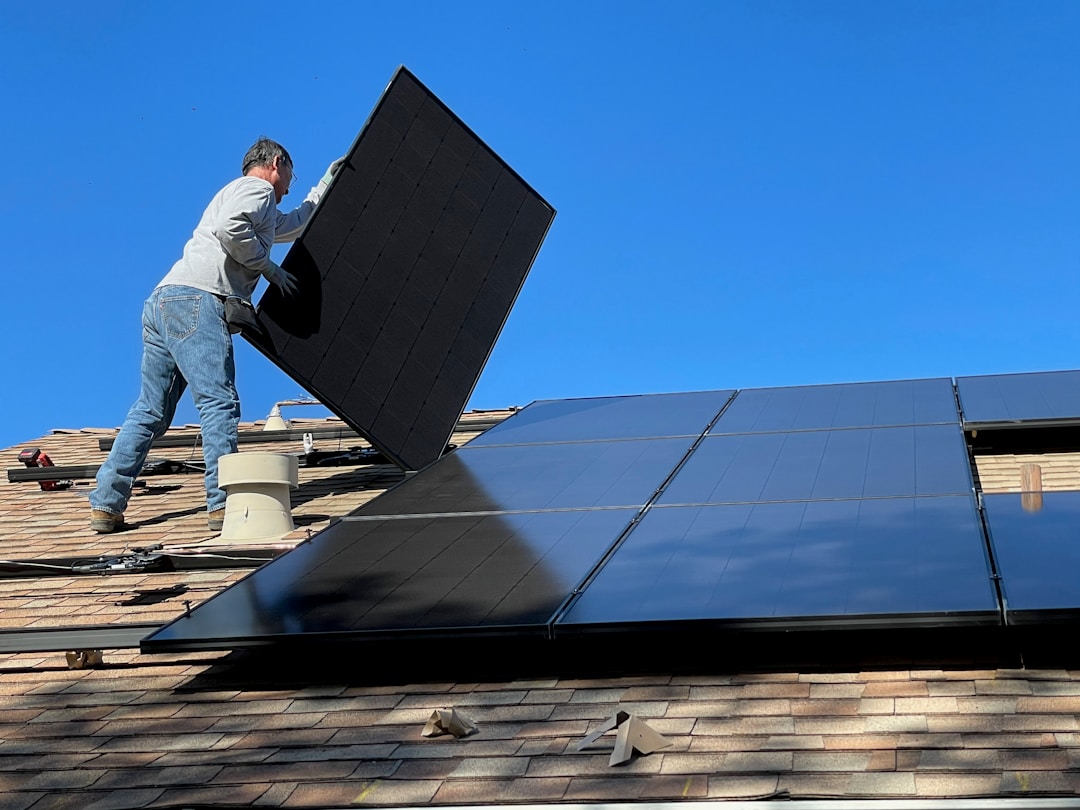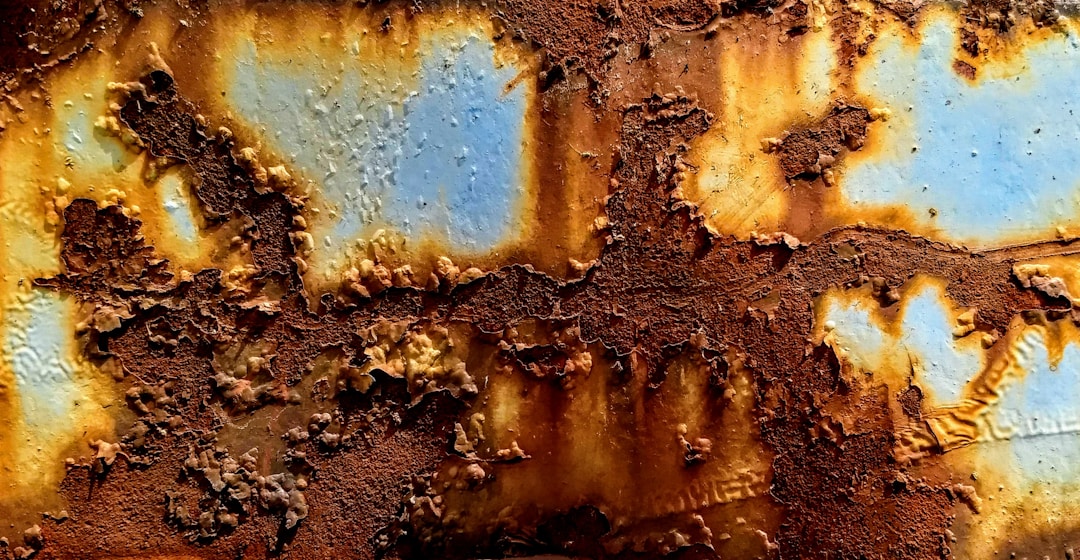Your home’s water heater is at the heart of keeping your household running. After all, as homeowners, we rely on our heater to provide warmth in the shower, clean our clothes, and wash our dishes. In an effort to help your energy bills, you may have opted for a solar water heater that puts less pressure on the grid and operates with greater efficiency. Perhaps, you’ve recently noticed this investment isn’t up to par. There are repairs that can be made to your unit: some that you may be able to handle, and others that may require a technician’s help.
Periodic Inspection

Just like anything else in your house, regular routines and maintenance are some of the best ways to avoid the need for solar water heater repair. Be sure to read your heater’s manual for a suggested maintenance schedule. This can include collector maintenance, visually checking for shading during the day on an annual basis to make sure panels are properly bringing in solar energy. You’ll want to make sure that collectors on your solar water panel are cleared, avoiding vegetation and soiling that can inhibit better accrual of energy.
Be sure to also evaluate the plumbing and wiring connections to make sure that a water heater is free of any leaks at pipe connections that can inhibit the proper function of any water heating unit. This includes evaluating support structures as simple as nuts and bolts on collectors to be tightened up. Routine maintenance can also be an easy way to make sure your solar system does its job and avoid costly replacement of collectors or other equipment, potentially even a new water heater.
Preventing Scaling and Corrosion

There are two major factors that impact the performance of a solar water heating system: scaling and corrosion. Domestic water that is high in mineral content may cause the buildup or scaling of minerals like calcium within solar heating systems. Scale buildup reduces system performance no matter where it occurs in the water heater. If your solar water heater uses water as the heat-transfer fluid, scaling can occur in the collector, distribution piping, and heat exchanger. You can avoid scaling by using water softeners or by circulating acidic solutions like vinegar through the collector every three years.
While most solar hot water heaters experience minimal corrosion, when they do, it’s usually galvanic corrosion. That’s an electrolytic process caused by two different metals coming into contact with each other. One metal has a stronger electrical charge and pulls electrons from the other, causing one to corrode. Oxygen entering into an open-loop solar system can cause rust in any iron or steel component of a water heating unit. Such systems should have copper, bronze, or rubber components in the plumbing loop, along with plastic- or glass-lined storage tanks.
Freeze Protection

Solar water heating systems, which use liquids as heat-transfer fluids, need protection from freezing in climates that go through brutal winter months. You may want to rely on the services of a licensed technician to have your solar panels and the entire system ready for the colder months. A technician will use an antifreeze solution or drain the collectors and piping when there’s a chance that the temperature may drop below the liquid’s freezing point.
Solar water heating systems are vulnerable to freeze damage. Drainback systems typically use a controller to drain the collector loop automatically. Sensors on the collector and storage tank tell the controller when to shut off the circulation pump and when to start again. Improper placement of these sensors or low-quality sensors can lead to failure in detecting these conditions. Be sure to set up a service appointment before the winter months that will assure you are not left with a chill over your solar water heater’s failures.
